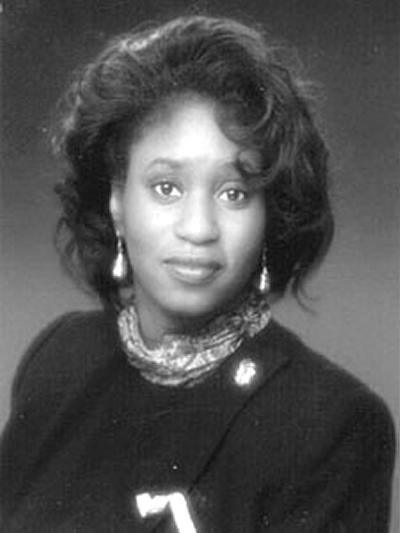July 24, 2003
UWT scholar speaks out in ‘State of Black America’
When the National Urban League released its report on the “State of Black America” July 23, it included the voice of Carolyn West, associate professor of psychology at UW Tacoma, a scholar who is rapidly gaining prominence for her pioneering work studying African American families.
Her chapter in the report, which is a scholarly assessment of the status of African Americans published annually since 1976, is called, “Feminism is a Black Thing?: Feminist Contributions to Black Family Life.”
“African Americans, as a group, have a history of racial and sexual violence in the home, in intimate relationships, in the workplace and in the community because they live at the intersection of race, class and gender inequalities,” West says. “To address the unacceptably high rates of black family violence, we simply must address this web of trauma, including the domestic aspects.”
Dissension in black couples can be healed and the foundations of their families strengthened through a respectful but critical discussion of gender roles and sexism in the black community, West says. She believes that research and a feminist perspective can help move this process forward.
“Look at the history of feminism in America and you might get the impression that it was only a movement built by and for middle-class white women. But you’d be wrong,” she says. “The fact is that African Americans can look to a rich history of black feminist activities and relatively positive attitudes toward feminism.”
As early as 1851, with leaders like Sojourner Truth, black women in America have written and organized and articulated a uniquely black brand of feminism, says West.
And in 1977, frustrated with the male-dominated civil rights and black nationalist movements and dissatisfied with the racial insensitivity of white feminists, the Combahee River Collective committed itself to battling racial, sexual, heterosexual, and class oppression. More recently, according to West, in the third wave of black feminism, Joan Morgan, a self-professed hip-hop feminist, is challenging us to reflect on things like the degrading images of black women in rap music.
“My area of expertise is intimate partner violence in the black community and, since a disproportionate number of black families experience domestic abuse, I admit this can be a depressing topic,” says West. “But knowing what black feminism has to offer, I am optimistic. And I have a lot of company among black scholars and activists. Many of them are convinced that remembering our feminist past, knowing the stories of groups like the Combahee River Collective and listening to our contemporaries who won’t stand for the degradation of black women will help us not just to keep black girls and women from being oppressed but also, collectively, to uplift the black family.”
West edited and contributed to the book, Violence in the Lives of Black Women: Battered, Black and Blue, published by Haworth Press this year. The book is the most comprehensive overview of violence against black women, filling a void in the study of domestic violence.
She will be featured along with other authors of “The State of Black America Report” in a town meeting that is part of the National Urban League conference July 29 in Pittsburgh.

